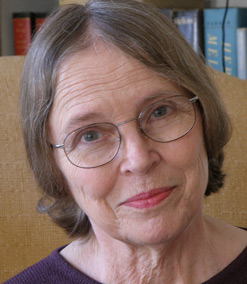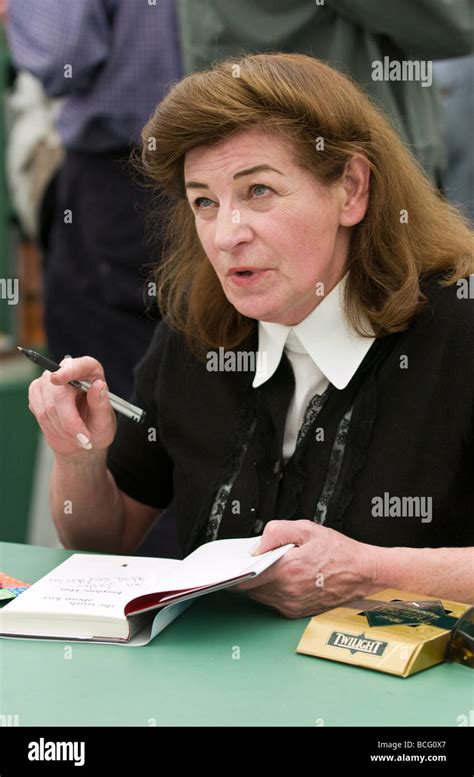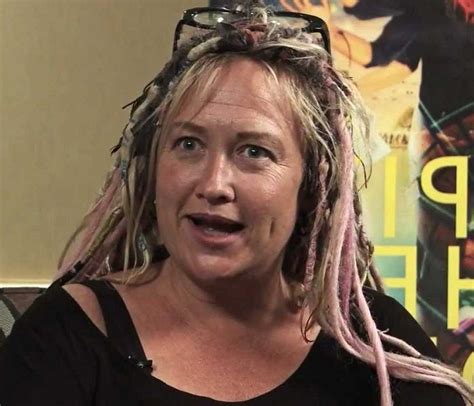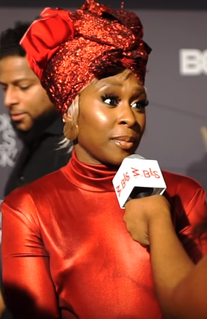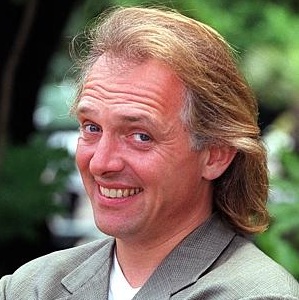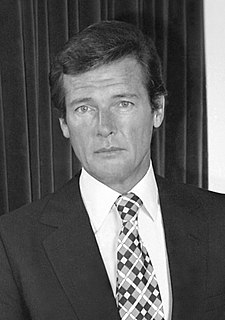A Quote by David Lynch
The only thing that disturbs me is that many psychopaths say they had a very happy childhood.
Quote Topics
Related Quotes
They say that childhood forms us, that those early influences are the key to everything. Is the peace of the soul so easily won? Simply the inevitable result of a happy childhood. What makes childhood happy? Parental harmony? Good health? Security? Might not a happy childhood be the worst possible preparation for life? Like leading a lamb to the slaughter.
My childhood was very difficult. I had every childhood disease and then some, but my parents didn't mollycoddle me. They left me to fight those battles on my own. I guess that was very Canadian, very stoic. But it's good. I had to become a warrior. I had to give up hope and find a substitute for hope that would be far more stable.
My childhood was very difficult. I had every childhood disease and then some, but my parents didnt mollycoddle me. They left me to fight those battles on my own. I guess that was very Canadian, very stoic. But its good. I had to become a warrior. I had to give up hope and find a substitute for hope that would be far more stable.
One thing that makes me very happy is to have a complicated idea and to feel that I've expressed myself clearly. I remember writing the ending to 'Happier at Home.' I wrote the entire book to build to that ending 'now is now,' and what I had to say was very abstract, and yet I felt satisfied that I managed to say what I wanted to say.

